Alphabet Recognition Normal Alphabet Worksheets for 9-Year-Olds
19 filtered results
-
From - To
Help your 9-year-old master alphabet recognition with our engaging worksheets specifically designed for their age group. At Kids Academy, our "Alphabet Recognition" printable worksheets foster essential learning skills, aiding in reading and writing fluency. Tailored for 9-year-olds, these worksheets challenge students to fine-tune their alphabet knowledge through fun, interactive activities. Each worksheet focuses on reinforcing the sequence and structure of the alphabet, bolstering both confidence and competence in young learners. Perfect for home practice or classroom use, our resources ensure your child enjoys an enriching and enjoyable alphabet learning experience. Unlock their potential today!
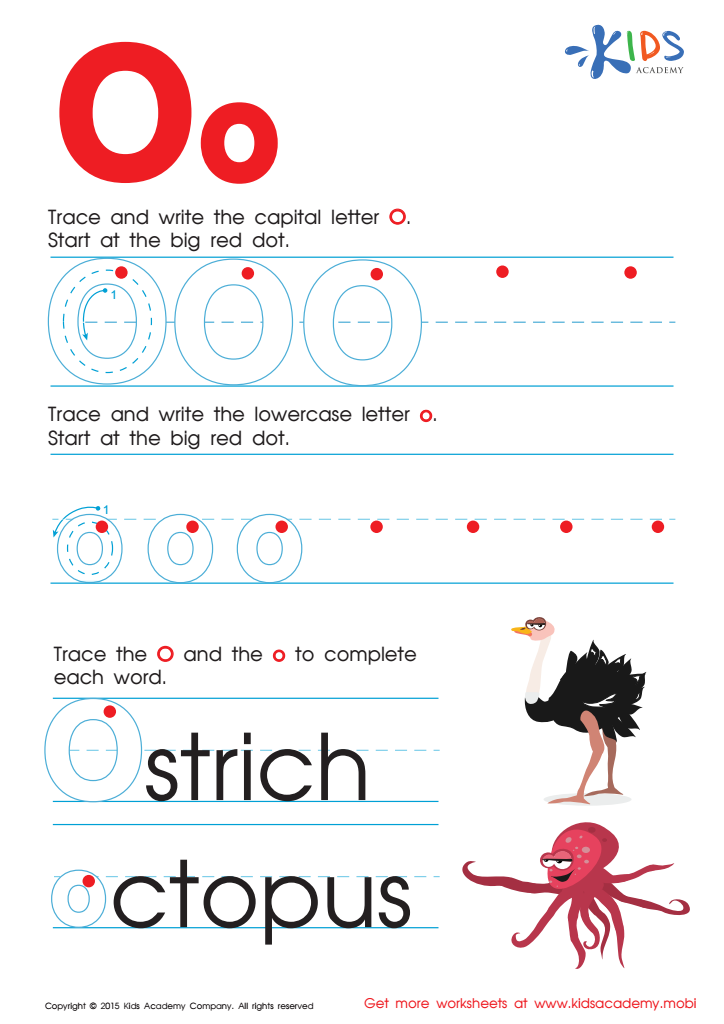

Letter O Tracing Page
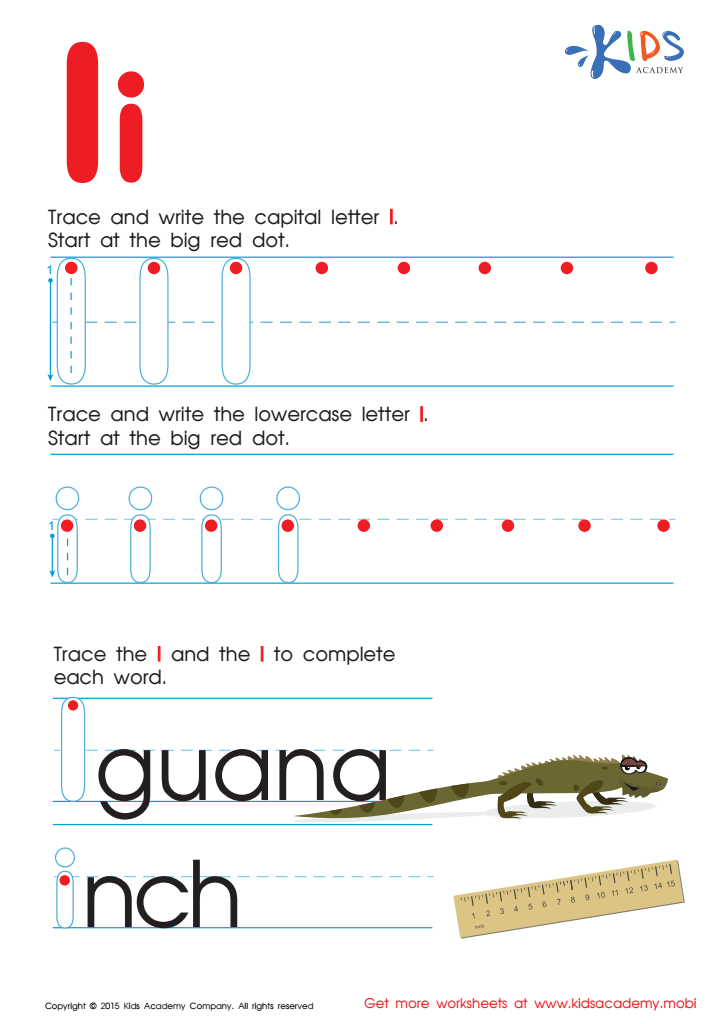

Letter I Tracing Page
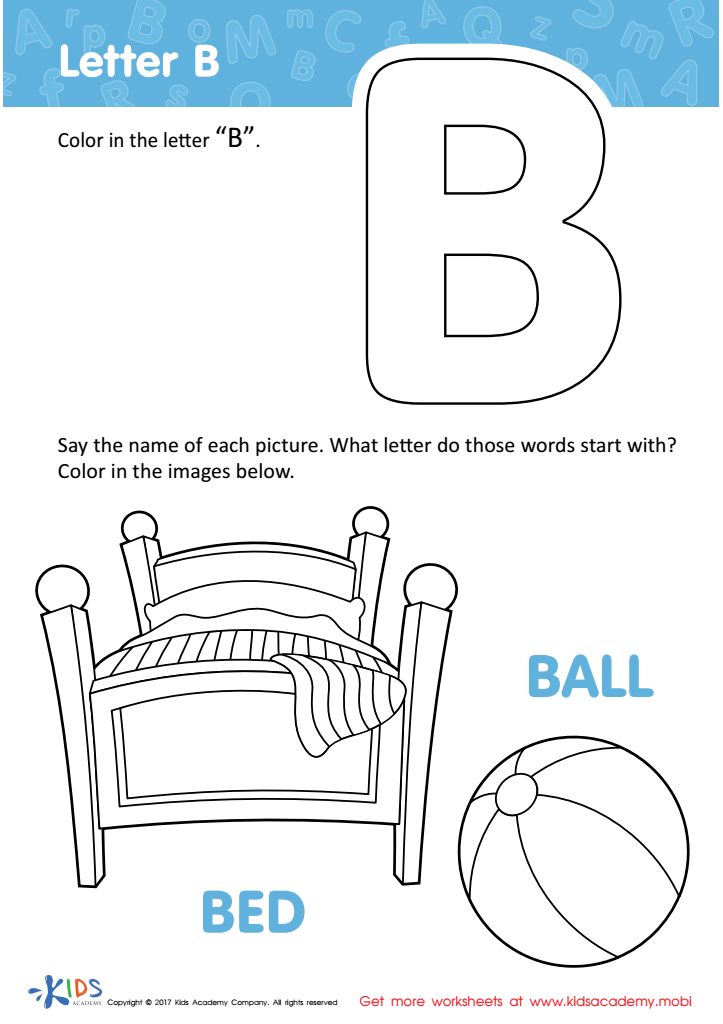

Letter B Coloring Sheet


Letter A Coloring Sheet
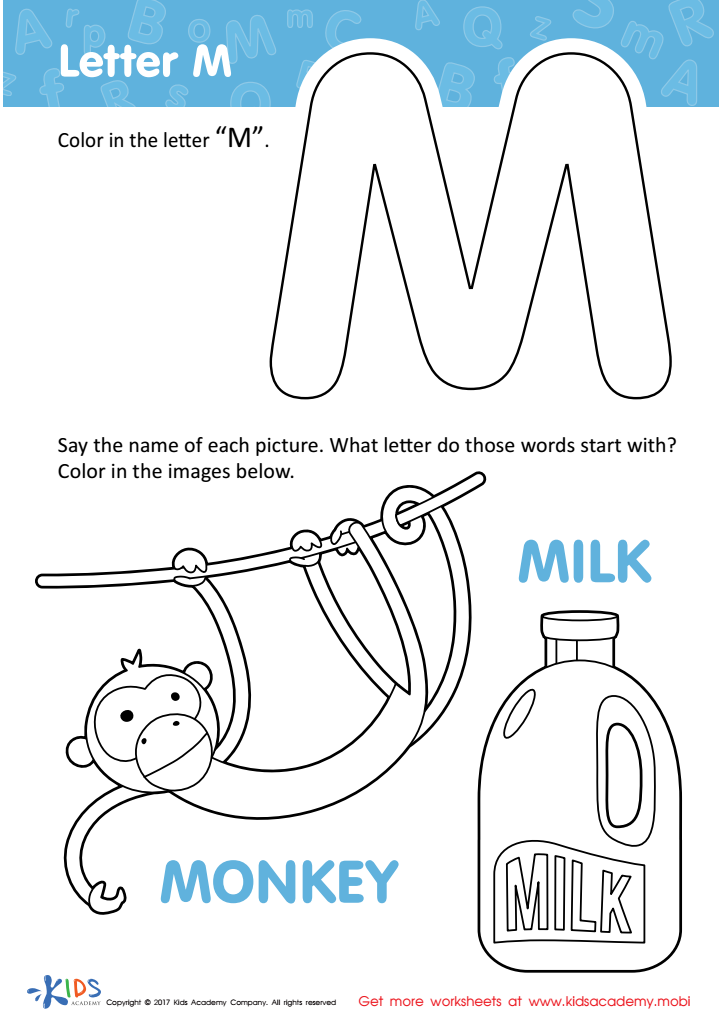

Letter M Coloring Sheet
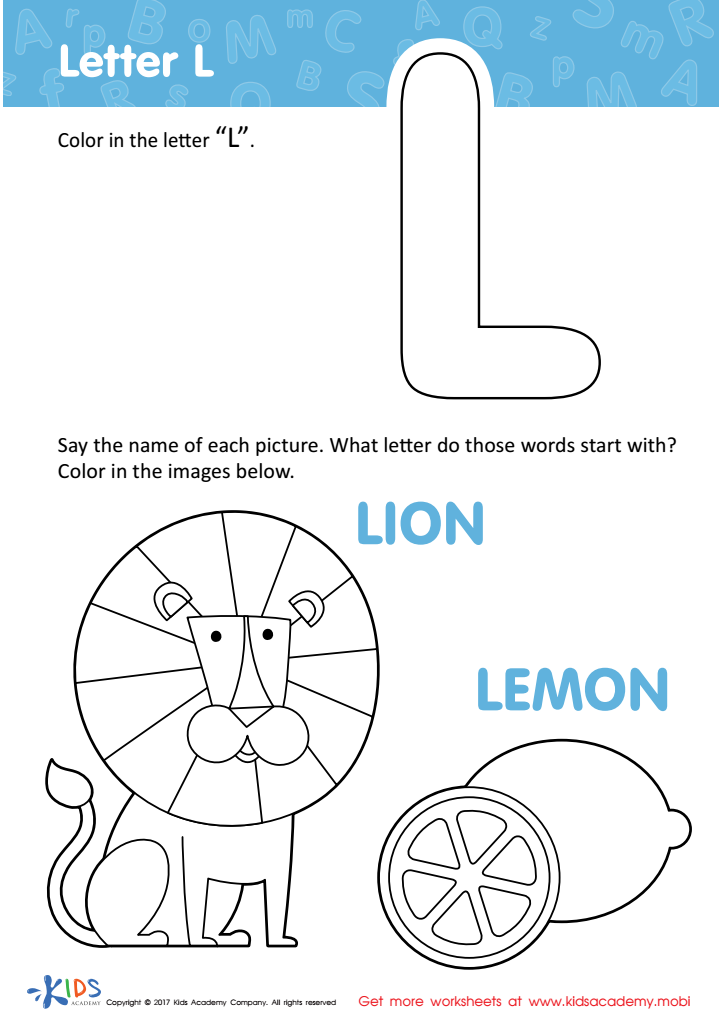

Letter L Coloring Sheet
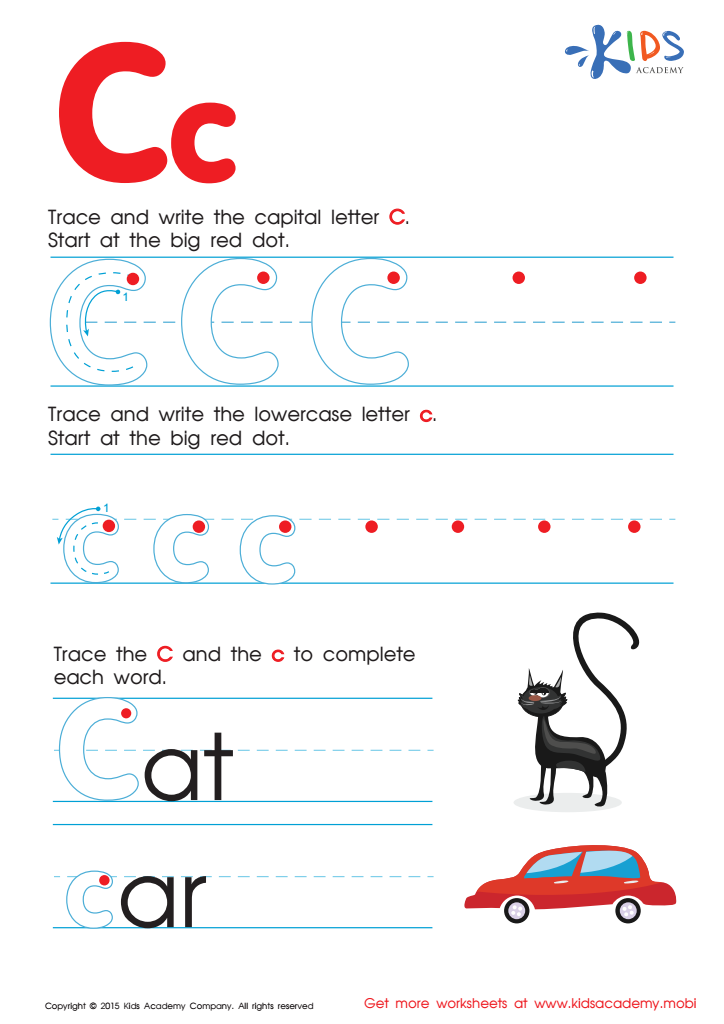

Letter C Tracing Page
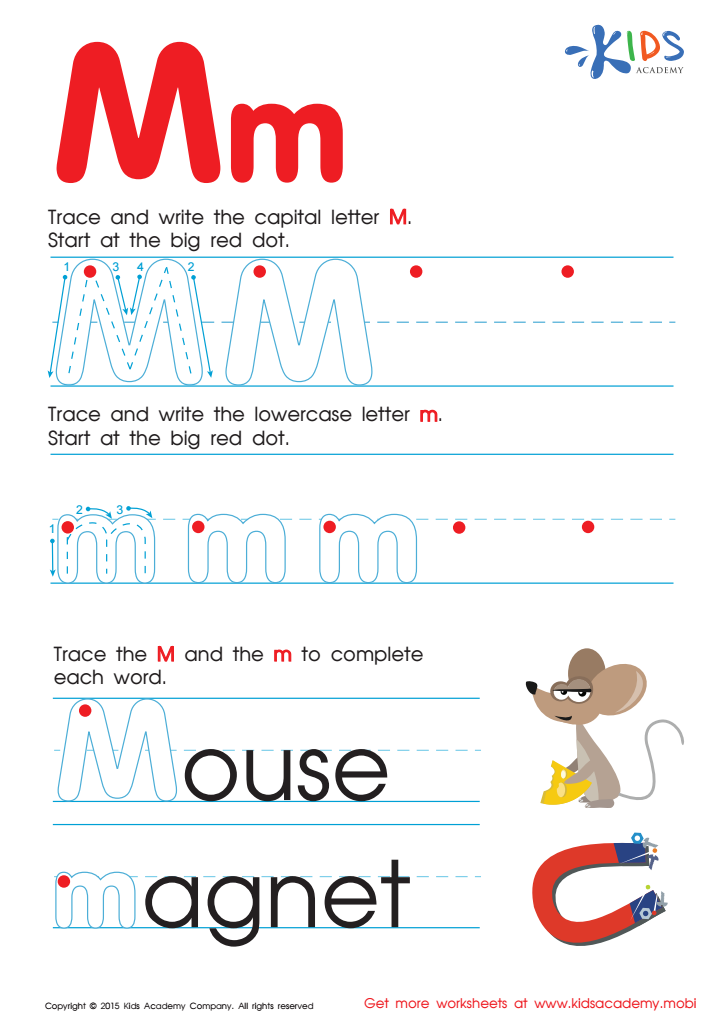

Letter M Tracing Page
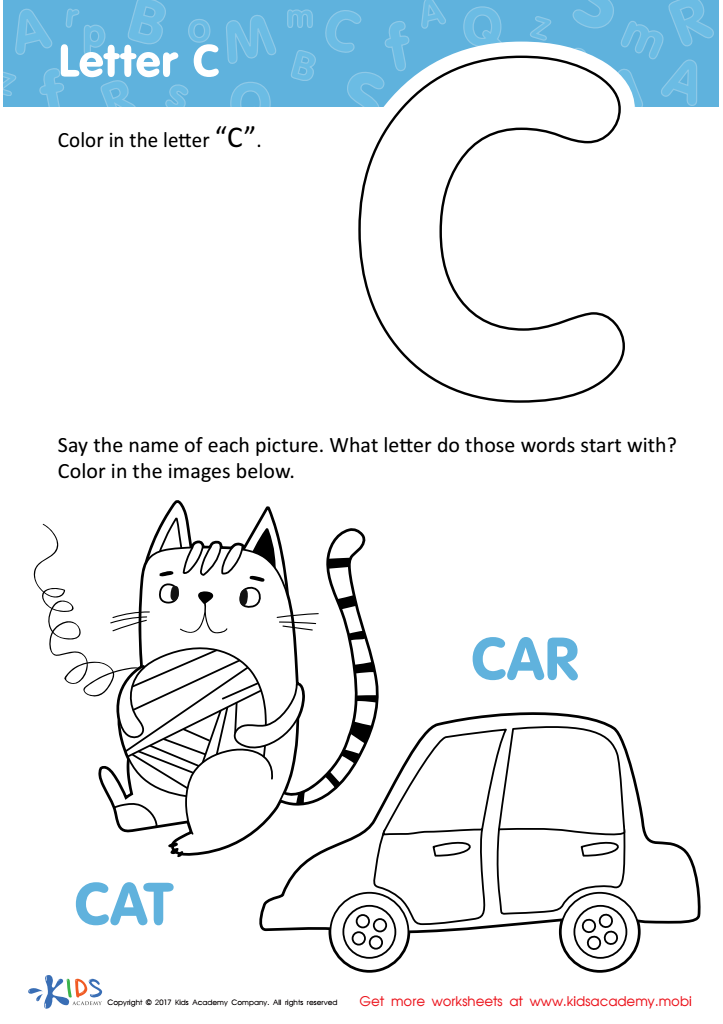

Letter C Coloring Sheet
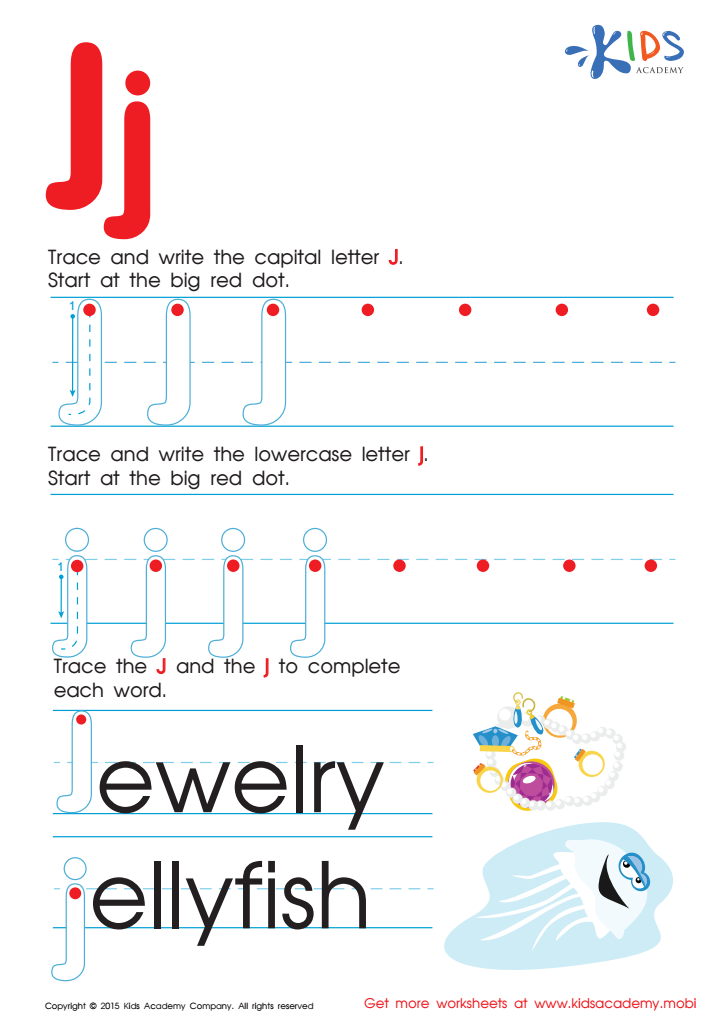

Letter J Tracing Page
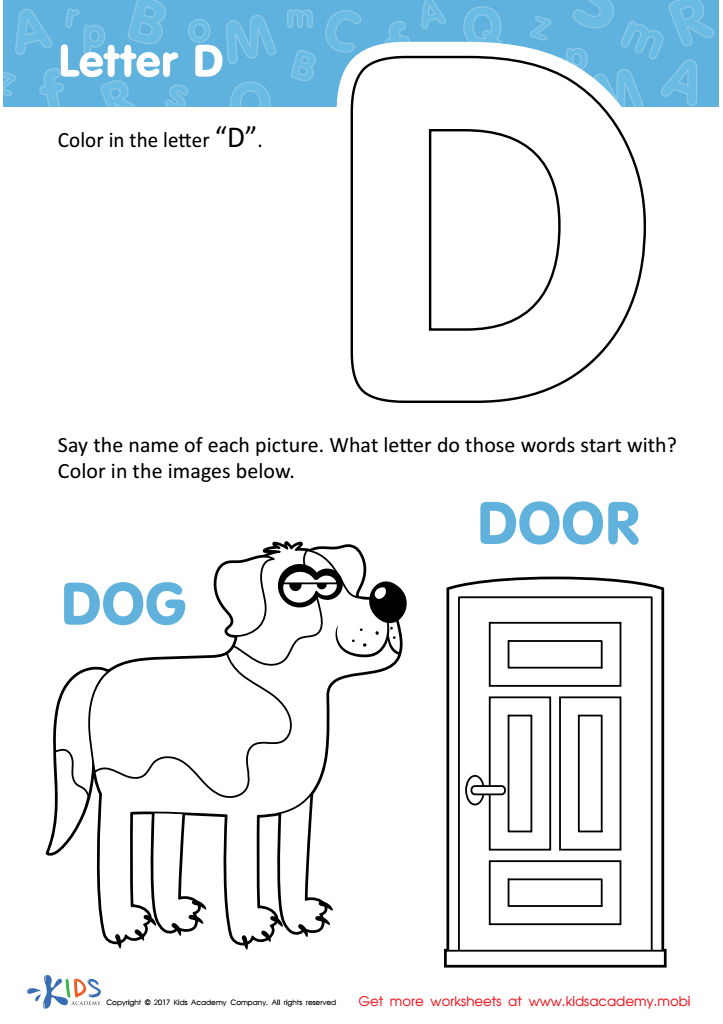

Letter D Coloring Sheet
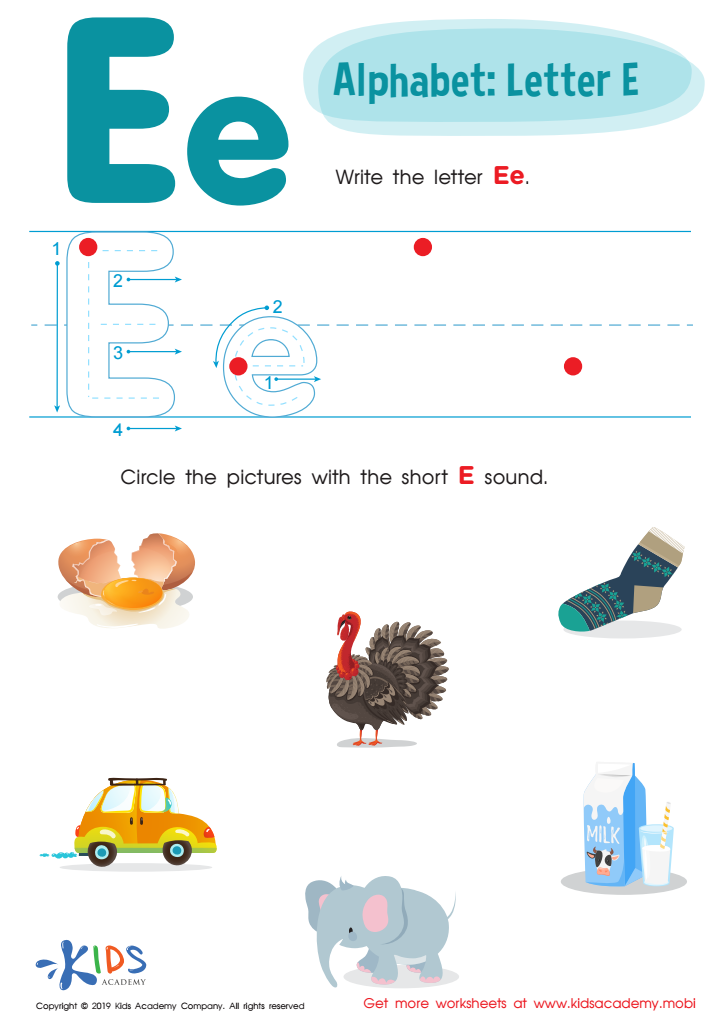

Letter E Tracing Worksheet
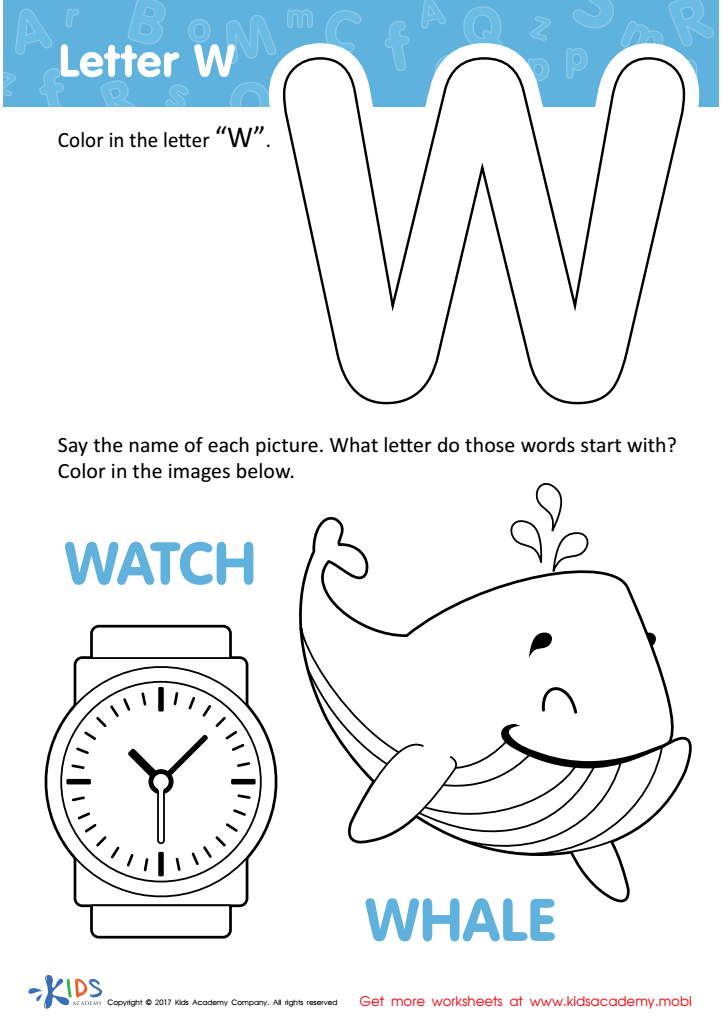

Letter W Coloring Sheet
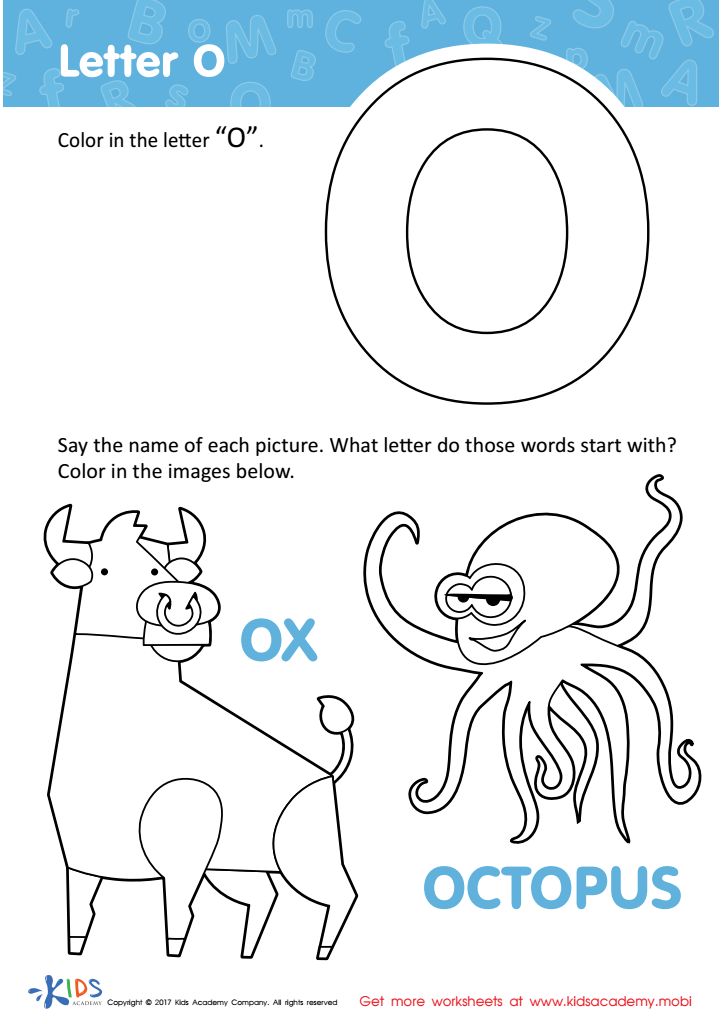

Letter O Coloring Sheet
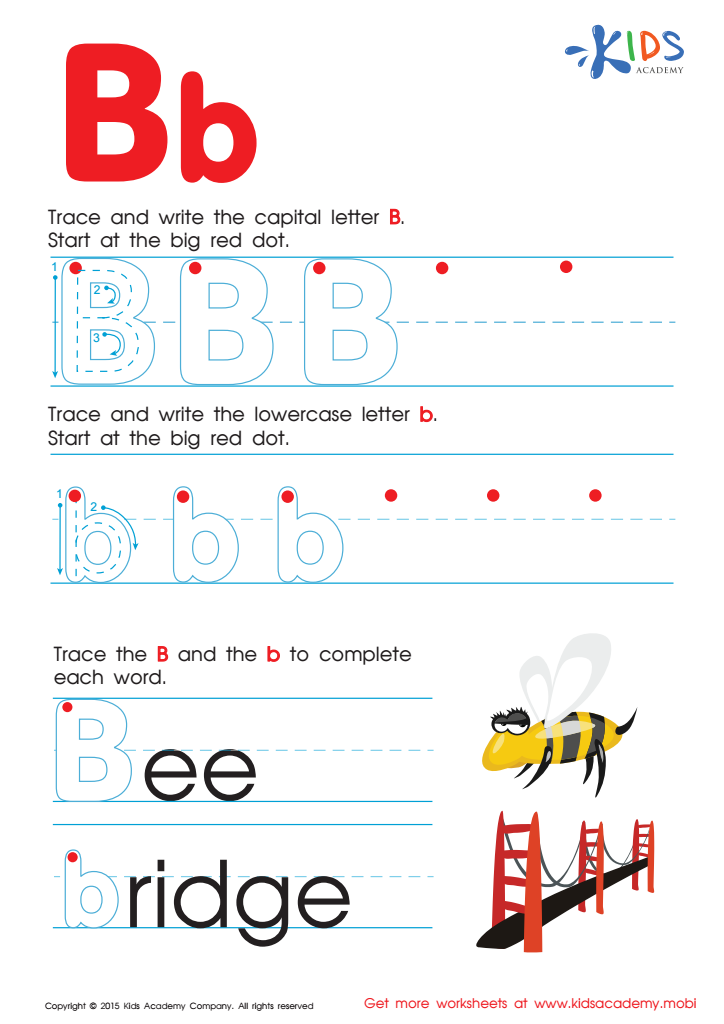

Letter B Tracing Page
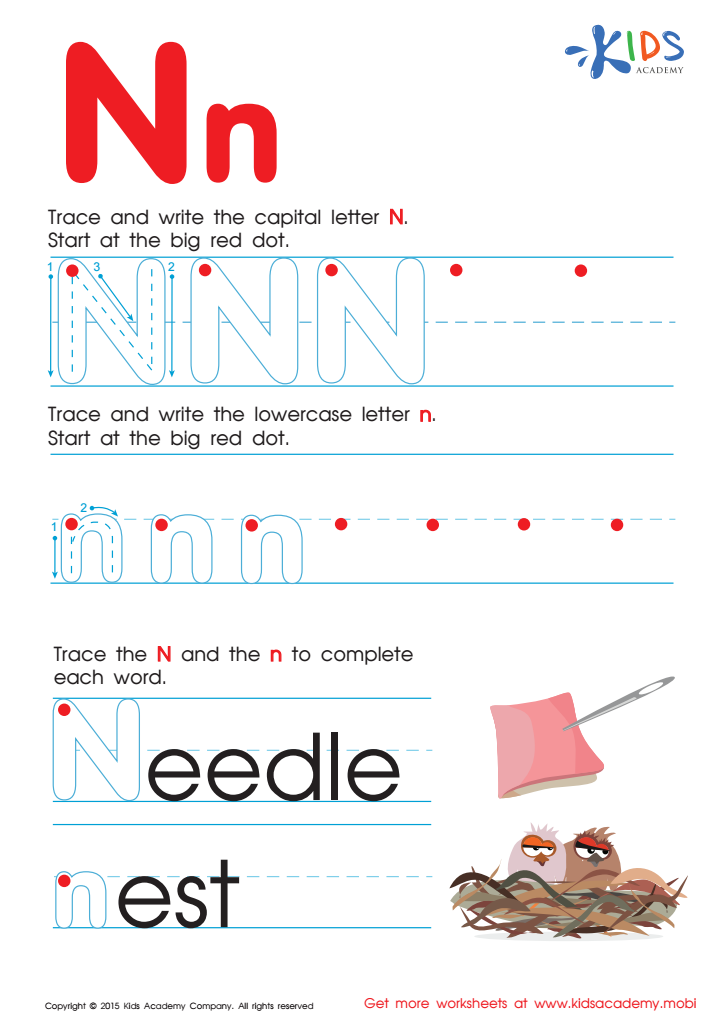

Letter N Tracing Page
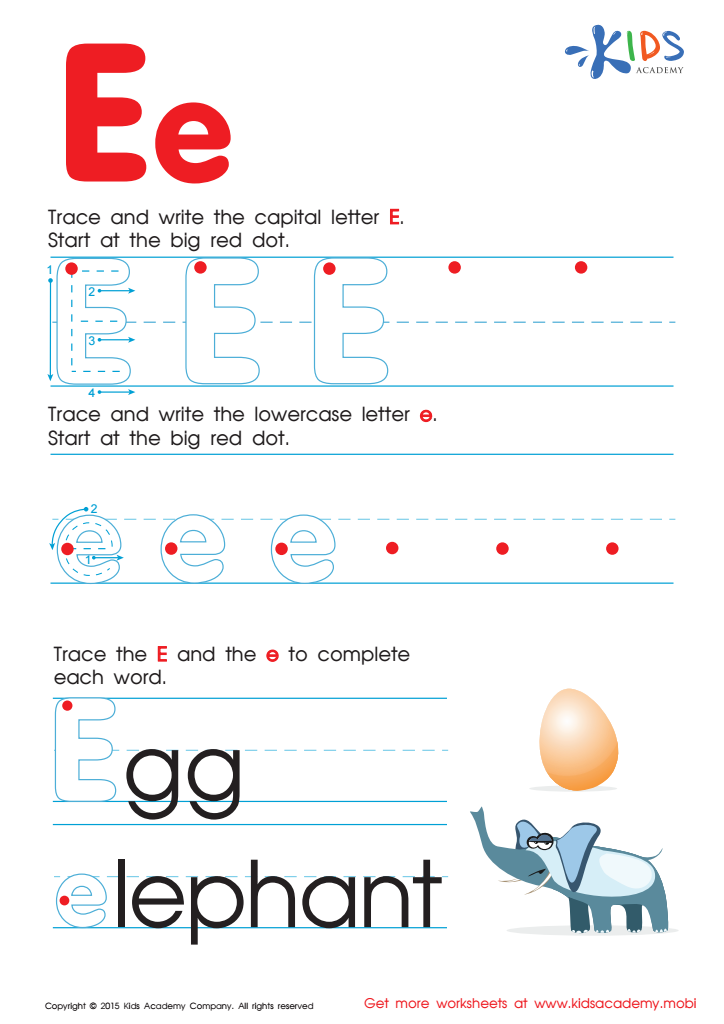

Letter E Tracing Page
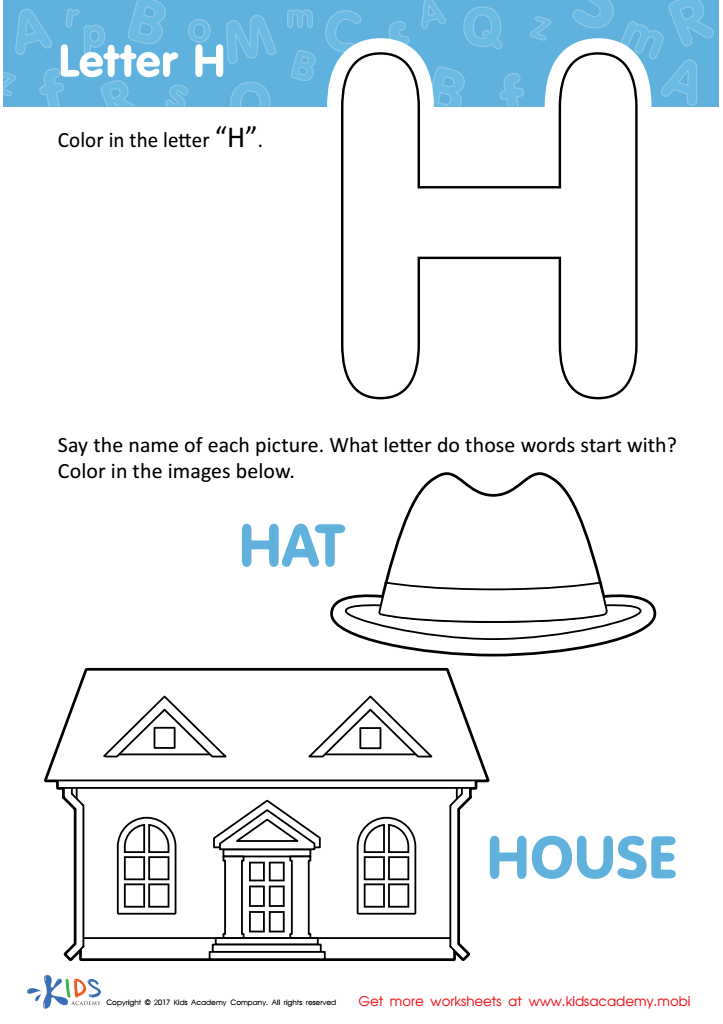

Letter H Coloring Sheet
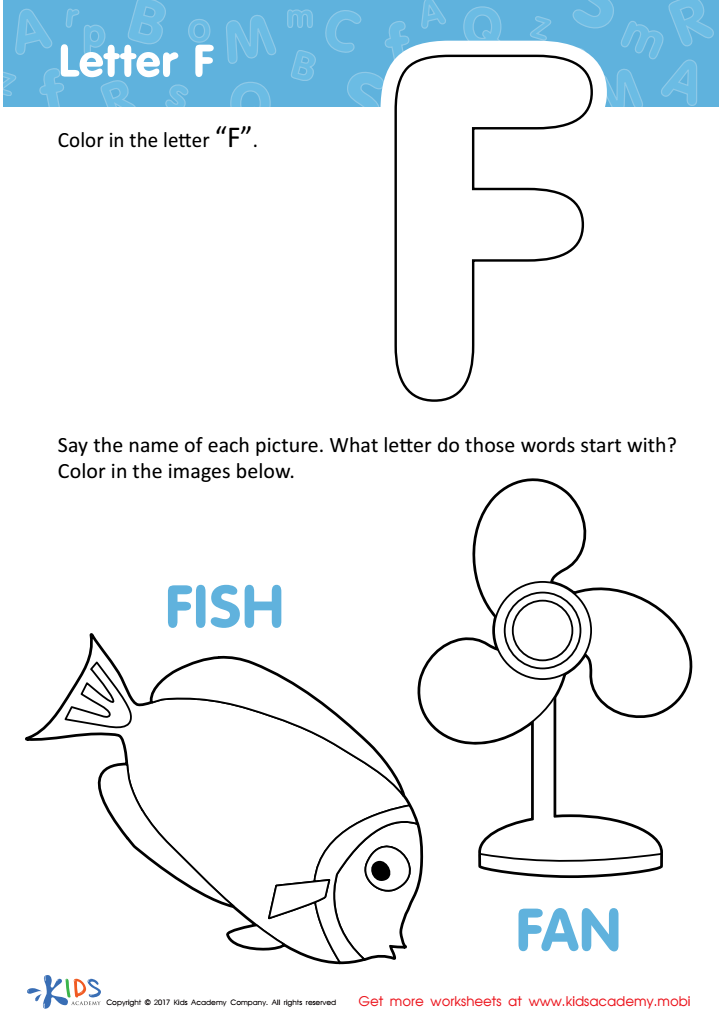

Letter F Coloring Sheet
Alphabet recognition is a foundational skill crucial for children's literacy development. For 9-year-olds, the ability to recognize and understand the alphabet impacts their reading fluency and comprehension. At this age, children are progressing from learning to read to reading to learn.
Mastery of alphabet recognition ensures they can identify letters effortlessly, aiding in smoother word decoding and better retention of vocabulary. This skill forms the bedrock of more complex literacy tasks such as spelling, writing, and advanced reading which are integral parts of their academic journey.
Teachers and parents who prioritize alphabet recognition are supporting critical brain development linked to language and cognitive skills. When children comfortably recognize letters in the normal alphabet, they face fewer obstacles in learning other subjects that rely on reading comprehension, such as mathematics and science.
Moreover, alphabet recognition impacts a child's self-esteem and motivation. Struggling with this fundamental skill can lead to frustration and a negative attitude towards school. Early and consistent support from parents and teachers can help alleviate these challenges, fostering a confident, eager learner.
In summary, ensuring 9-year-olds' proficiency in alphabet recognition is essential, as it underpins overall academic success and enhances their capacity to engage with more complex educational content spontaneously.
 Assign to My Students
Assign to My Students



















